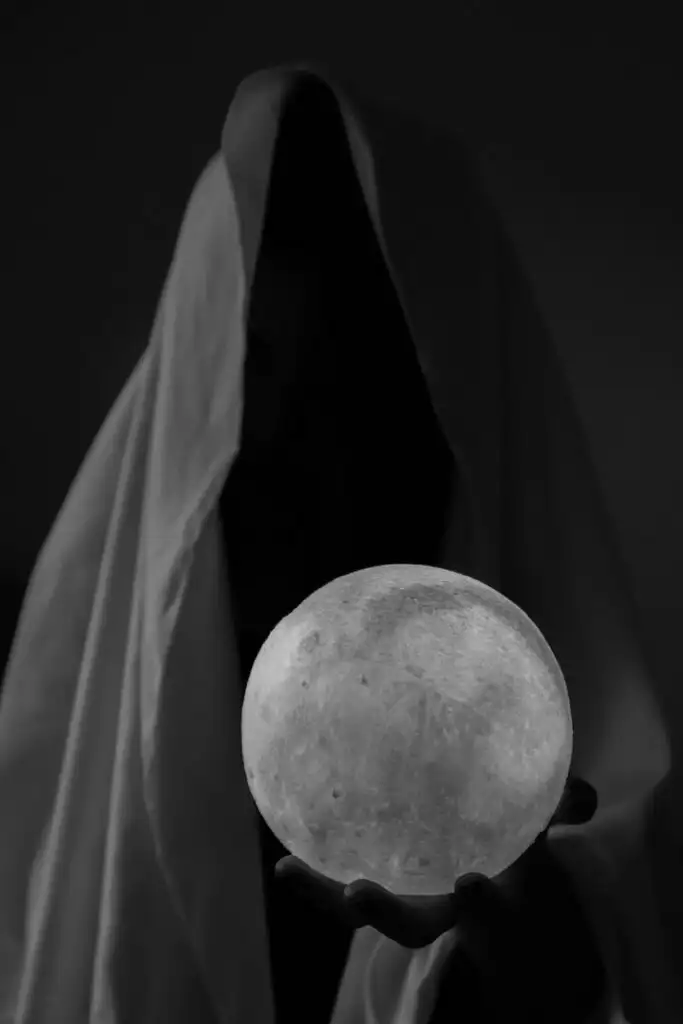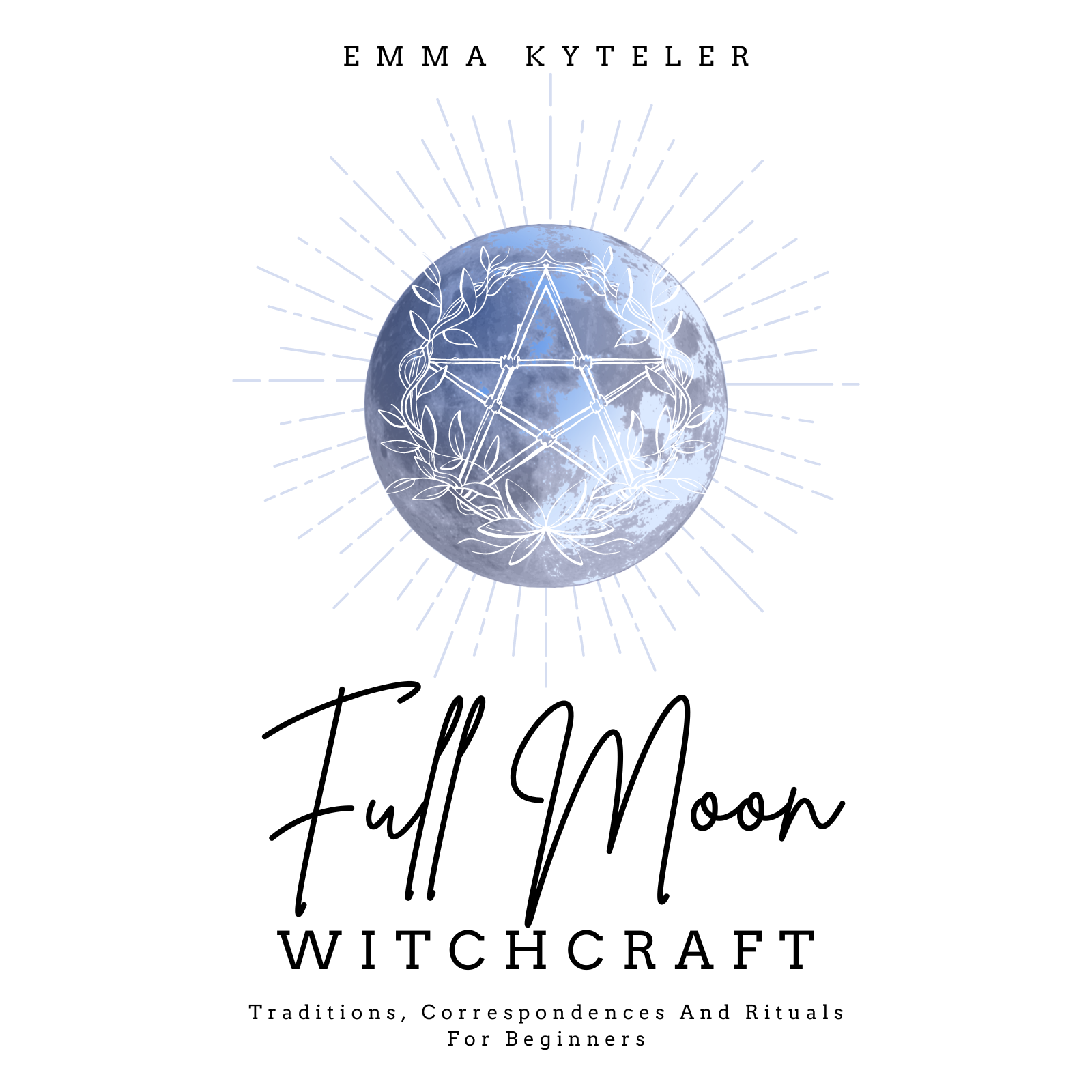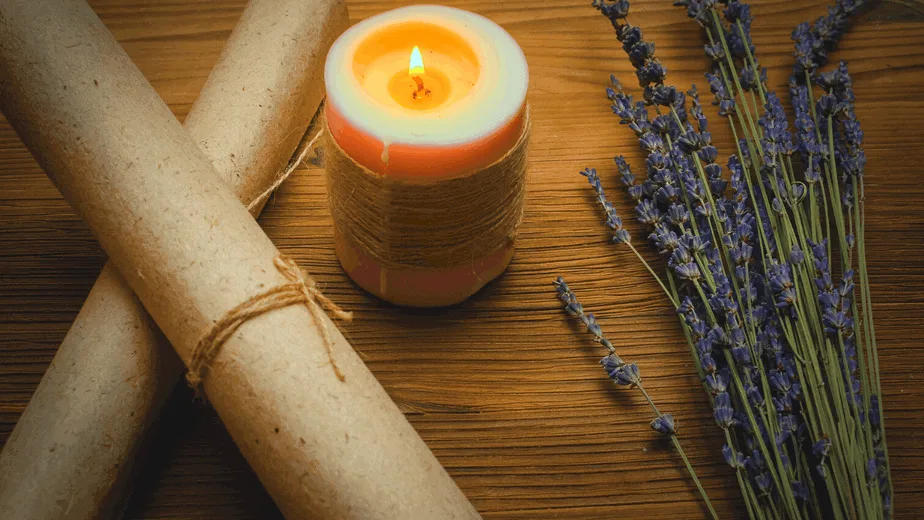Please note that posts on this site may contain affiliate links
Witchcraft and spell-casting have been a part of human culture for centuries, with varying beliefs and practices across different cultures and time periods. While many people view witchcraft and spells as harmless forms of self-expression or personal power, there are also those who believe that spells can cause harm, including death.
The Power of Belief Systems in Spell-casting
One of the key factors in determining the power of a spell is the belief system of the person casting it. Belief can have a powerful impact on the outcome of a spell, with some practitioners believing that the strength of their belief and intention is what gives a spell its power. This is why some people may feel that their spells are effective even if there is no scientific evidence to support this claim.
The beliefs of the victim of a spell can play a significant role in the outcome of the spell. According to some practitioners of witchcraft and spell-casting, the belief of the person being targeted by the spell can impact its power and effectiveness. This is because the victim’s belief in the spell can create a psychological and emotional response that can amplify the effects of the spell.
For example, if the victim believes that the spell will have a negative impact on their life, they may become anxious or stressed, which can increase their vulnerability to the spell’s effects. Conversely, if the victim is skeptical or dismissive of the spell, their belief that the spell is powerless may limit its impact.
In this way, the beliefs of the victim of a spell can act as a sort of self-fulfilling prophecy. The victim’s belief in the spell’s power can increase its perceived impact, while their disbelief can weaken its effect. This is why it is important for practitioners of witchcraft and spell-casting to be aware of the potential impact of their spells on others, and to practice ethical spell-casting that does not cause harm or interfere with others’ beliefs and well-being.
It is also important to note that the beliefs of the victim of a spell can be influenced by cultural, religious, and personal factors. For example, someone from a culture that believes in the power of witchcraft may be more susceptible to the effects of a spell than someone from a culture that is skeptical of such practices. The victim’s personal beliefs, including their own spiritual and religious beliefs, can also impact their response to a spell.

Historical Cases of Death Through Spell-casting
Throughout history, there have been instances where people have been accused of using spells to cause death. For example, in medieval Europe, many people were executed for witchcraft, including the use of spells to cause harm. These accusations often relied on superstition and fear, and many people were wrongly accused.
However, there have also been documented cases where spells were used with the intention to cause harm or death. In some cultures, spells are still used for this purpose today, often in the context of spiritual or religious beliefs.
However, most of these cases were actually the result of mass psychosis and the belief systems of the supposed victims.
Mass psychosis occurs when a group of people experience a shared delusion or hysteria, leading to widespread fear and paranoia. This can be fueled by cultural and societal beliefs about the supernatural, as well as by fear of the unknown. In many historical cases of witchcraft, mass psychosis was a major factor in the accusations and persecution of people accused of using witchcraft to cause harm.
The belief systems of the supposed victims also played a significant role in the outcome of these cases. For example, people who believed in the power of witchcraft may have been more likely to experience the effects of a spell, even if there was no actual supernatural influence. Their belief in the spell’s power could create a psychological and emotional response that amplified the spell’s effects, leading them to believe that they had been cursed or harmed by witchcraft.
In some cases, the supposed victims may have also been suffering from physical or mental illnesses, which were misinterpreted as the effects of witchcraft. This led to further fear and paranoia, as people became convinced that their illness was caused by witchcraft, rather than by a natural or medical condition.
The Influence of Cultural Context on Spell-casting
The cultural context in which a spell is cast can also have a significant impact on its perceived power and effectiveness. For example, in some cultures, spells are seen as a way to communicate with spirits or the supernatural, while in others they are viewed as a form of personal empowerment.
The cultural beliefs surrounding spell-casting can shape the way that spells are perceived and used, and can also influence the way that people respond to accusations of spell-casting causing harm.
Fear of black magic, also known as sorcery or dark magic, has existed in various cultures throughout history. This fear is often rooted in beliefs about the supernatural and the idea that certain individuals have the ability to cause harm through magic. In many cultures, black magic is associated with evil, death, and misfortune, and is often seen as a powerful force that must be avoided or guarded against.
The fear of black magic can be especially strong in cultures where belief in the supernatural is widespread and deeply ingrained in cultural beliefs and practices. For example, in some African and indigenous cultures, beliefs about black magic are closely tied to traditional religious practices and are considered a powerful force that can cause harm and bring about misfortune.
In some cultures, the fear of this dark power can be used as a tool of social control, with those accused of using black magic facing persecution and ostracism. In extreme cases, this can lead to witch hunts, where individuals are hunted down and accused of using black magic, often with devastating consequences.
In many cultures, the fear of dark magic is also linked to beliefs about the power of the human mind and emotions. For example, some believe that negative emotions and thoughts can create a negative energy that can harm others. This belief is often used to explain why certain individuals may experience misfortune or bad luck, leading to further fear and paranoia.
Part of the issue with believing in black magic is in the racism inherent within it. People of color have historically been targeted and accused of using black magic more frequently than their white counterparts. This is partly due to the racial prejudices and biases that have been prevalent in many societies throughout history.
In many cultures, people of color have been portrayed as being more closely connected to the supernatural and more likely to use magic for evil purposes. This stereotype has often been used to justify discrimination, oppression, and persecution of people of color.
For example, during the American witch hunts and even the Satanic Panic of the 80s and 90s, people of color were often specifically targeted, with accusations of witchcraft used as a tool of racial oppression and control. In some colonial societies, people of color were similarly accused of using black magic and were subjected to persecution and violence as a result.
Today, the belief in black magic continues to be a source of discrimination and prejudice, with people of color often being portrayed as being more likely to use magic for evil purposes. This stereotype perpetuates harmful and harmful racial biases, and contributes to a culture of fear and mistrust.

Modern Practices of Witchcraft and Spell-casting
In modern times, witchcraft and spell-casting have become more accepted and widely practiced, with many people using spells as a form of self-expression or personal power. This shift has also led to a greater emphasis on ethical spell-casting, with many practitioners taking steps to ensure that their spells do not cause harm to others.
Modern witchcraft and spell-casting practices often focus on “white magic” such as blessings, protection, and other forms of magic spells that are designed to bring about positive outcomes and well-being. This is a departure from the traditional fear-based approach to magic, which emphasized the use of spells to cause harm and manipulate others.
Many modern witches and spell-casters are guided by the principle of the “Threefold Law,” which states that any energy or intention put out into the world will return to the sender threefold. This belief encourages practitioners to focus on positive, constructive spells that will bring about positive outcomes and blessings, rather than spells that cause harm or negativity.
In addition, many modern witches and spell-casters also adhere to a code of ethics that emphasizes the importance of respect for the free will of others and the need to avoid causing harm through their magic. This ethical approach to spell-casting is designed to ensure that spells are used in a responsible and considerate manner, and that practitioners do not cause harm to others through their magic.
The Necessity for Ethical Spell-casting
Regardless of one’s personal beliefs about the power of spells, it is important to practice ethical spell-casting. This means considering the potential consequences of your spells and taking steps to minimize harm to others. Some ethical considerations include:
- Using spells for positive purposes, such as self-improvement or personal growth, rather than to cause harm
- Considering the impact of your spells on others, and avoiding spells that may interfere with their free will
- Respecting the rights of others, including their privacy and autonomy
- Avoiding spells that may cause harm, such as spells to control or manipulate others
In conclusion, while spells and witchcraft have been part of human culture for centuries, it is important to consider the potential consequences of spell-casting, and to practice ethical spell-casting to ensure that we do not cause harm to others.
Take your moon magic to the next level with Full Moon Witchcraft. In this book, you'll learn how to work with the powerful energy of the full moon to create positive change in your life. From choosing the right moon phase for your spellwork to understanding how the full moon influences you based on your natal moon sign, you'll be equipped with all the information you need to work successfully with this potent lunar force.
You'll also find tips and tricks for working with full moon energy for love, money, healing, and even hexes and curses. So whether you're a novice witch looking to take your first steps into magical practice or an experienced practitioner looking to deepen your understanding of this vital component of witchcraft, Full Moon Witchcraft has everything you need!


